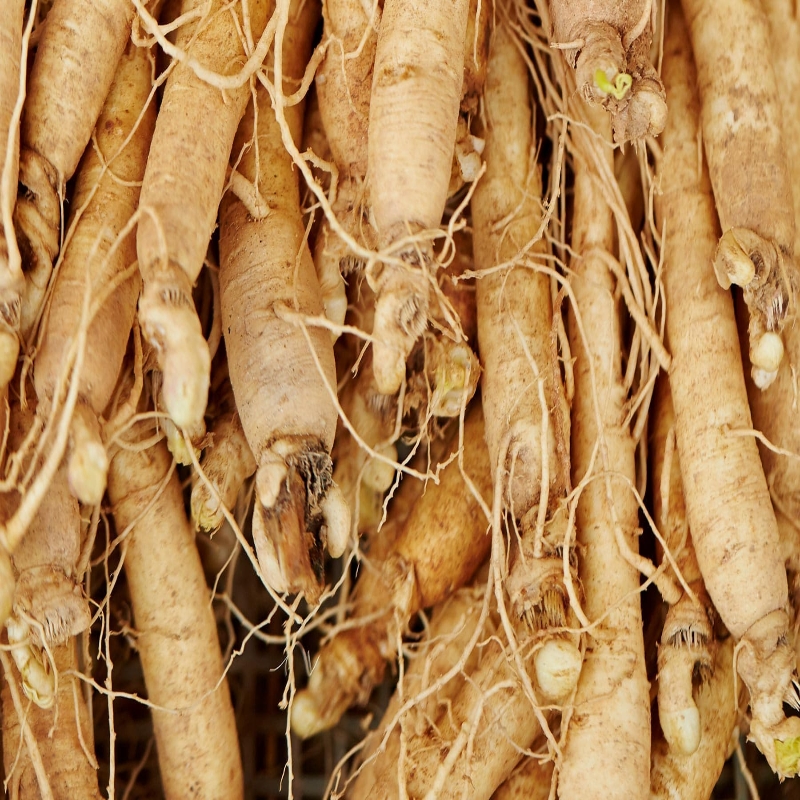Global food production capacity affected by climate warming
-
Last Update: 2011-05-09
-
Source: Internet
-
Author: User
Search more information of high quality chemicals, good prices and reliable suppliers, visit
www.echemi.com
In the past 30 years, global warming has led to a substantial decline in some food production capacity, which may also be an important factor in the rise of global food prices in recent years, US researchers reported on May 5 Researchers from Stanford University and Columbia University used the model to analyze the relationship between global climate data and four major agricultural products -- corn, wheat, rice and soybean production between 1980 and 2008 They found that during this period, if the global temperature did not rise, Russia's wheat production could have increased by more than 10% compared with the actual level, India, France and China's wheat could have increased by several percentage points; China, Brazil and France's corn production would also have been higher than the actual production In the past 30 years, global corn and wheat production capacity has declined by 3 to 5 percentage points due to climate warming, and the impact on rice and soybean production capacity is negligible, the researchers concluded The researchers also found that although during this period, the average temperature of cultivation season in almost all regions of Europe, most of Asia, Africa and parts of South America increased by several degrees Celsius, which increased the probability of extreme high temperature in these regions, there was a significant exception in the world - unlike the global trend, the corn and soybean belt in the Midwest of the United States The temperature did not rise during the summer farming season Researchers do not yet understand why The research will be published in the new issue of science on May 6 The researchers pointed out that in the coming decades, the trend of global warming is expected to continue, and the impact on food production capacity will be further expanded in the context of the continuous increase of global food demand.
This article is an English version of an article which is originally in the Chinese language on echemi.com and is provided for information purposes only.
This website makes no representation or warranty of any kind, either expressed or implied, as to the accuracy, completeness ownership or reliability of
the article or any translations thereof. If you have any concerns or complaints relating to the article, please send an email, providing a detailed
description of the concern or complaint, to
service@echemi.com. A staff member will contact you within 5 working days. Once verified, infringing content
will be removed immediately.







